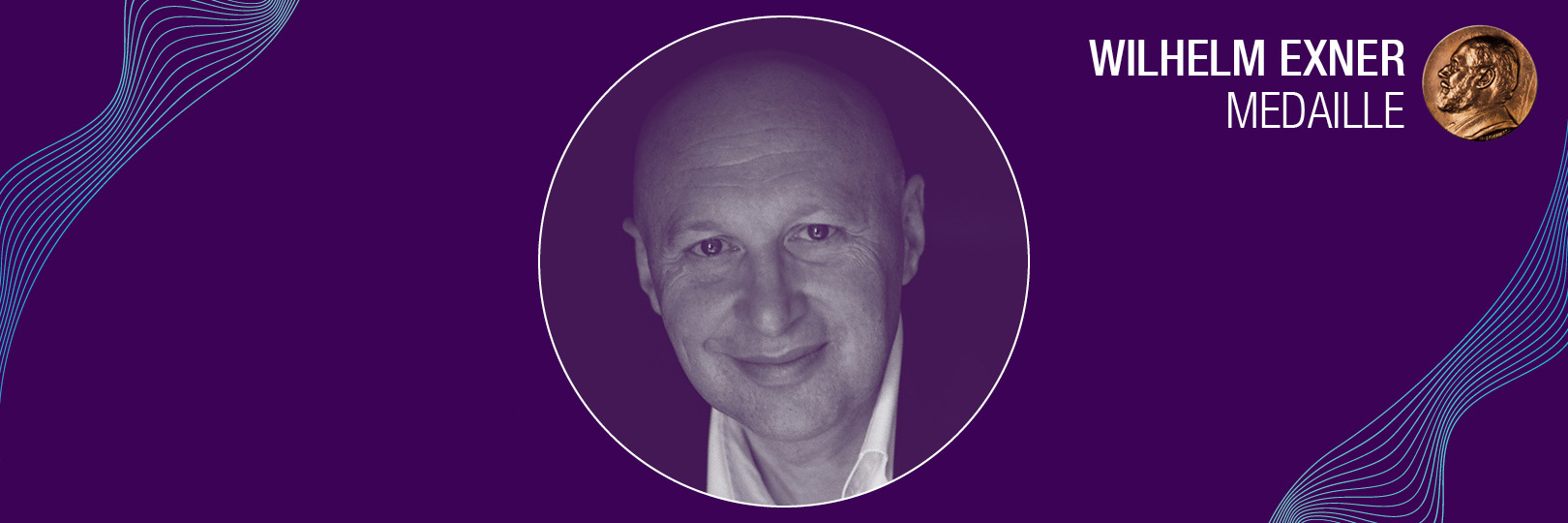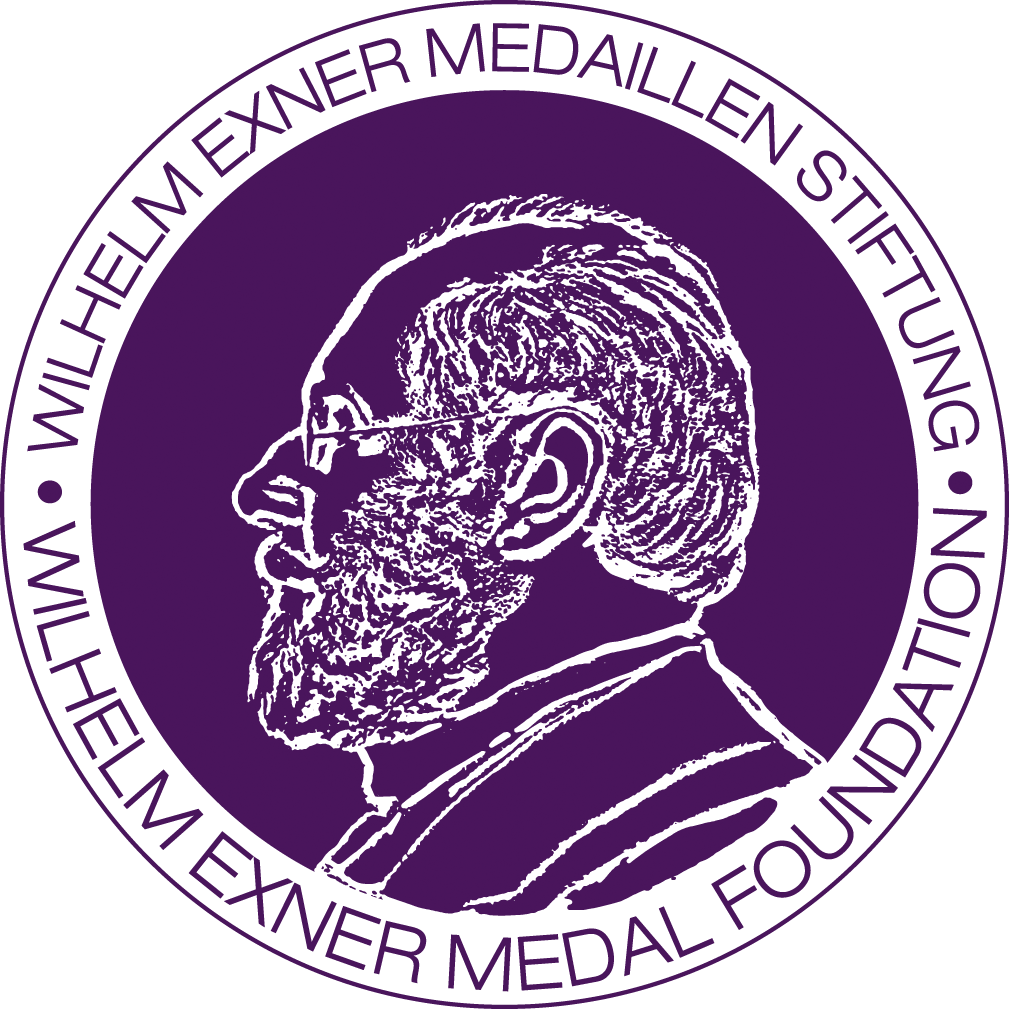
Stefan Hell is a Romanian-German physicist. In 1997, he became head of a junior research group at the Max Planck Institute for Biophysical Chemistry in Göttingen, conducting research in the field of optical microscopy. In 2002, Hell was appointed director at the institute.
With the invention and development of STED microscopy and related microscopy techniques, Hell succeeded in showing that it was possible to overcome the resolution conventionally limited to about half a wavelength of light (~200 nanometers) in the fluorescence light microscope. Hell was the first to demonstrate experimentally that the resolving power of the fluorescence microscope can be decoupled from the diffraction of light (diffraction) and increased to fractions of the wavelength of light (nanometer range). This had been considered impracticable since the work of Ernst Abbe (1873) on the diffraction limitation of the resolving power of microscopes.
In 2014, Stefan Hell was awarded the Nobel Prize in Chemistry together with Eric Betzig and William E. Moerner for the development of super-resolution fluorescence microscopy.

